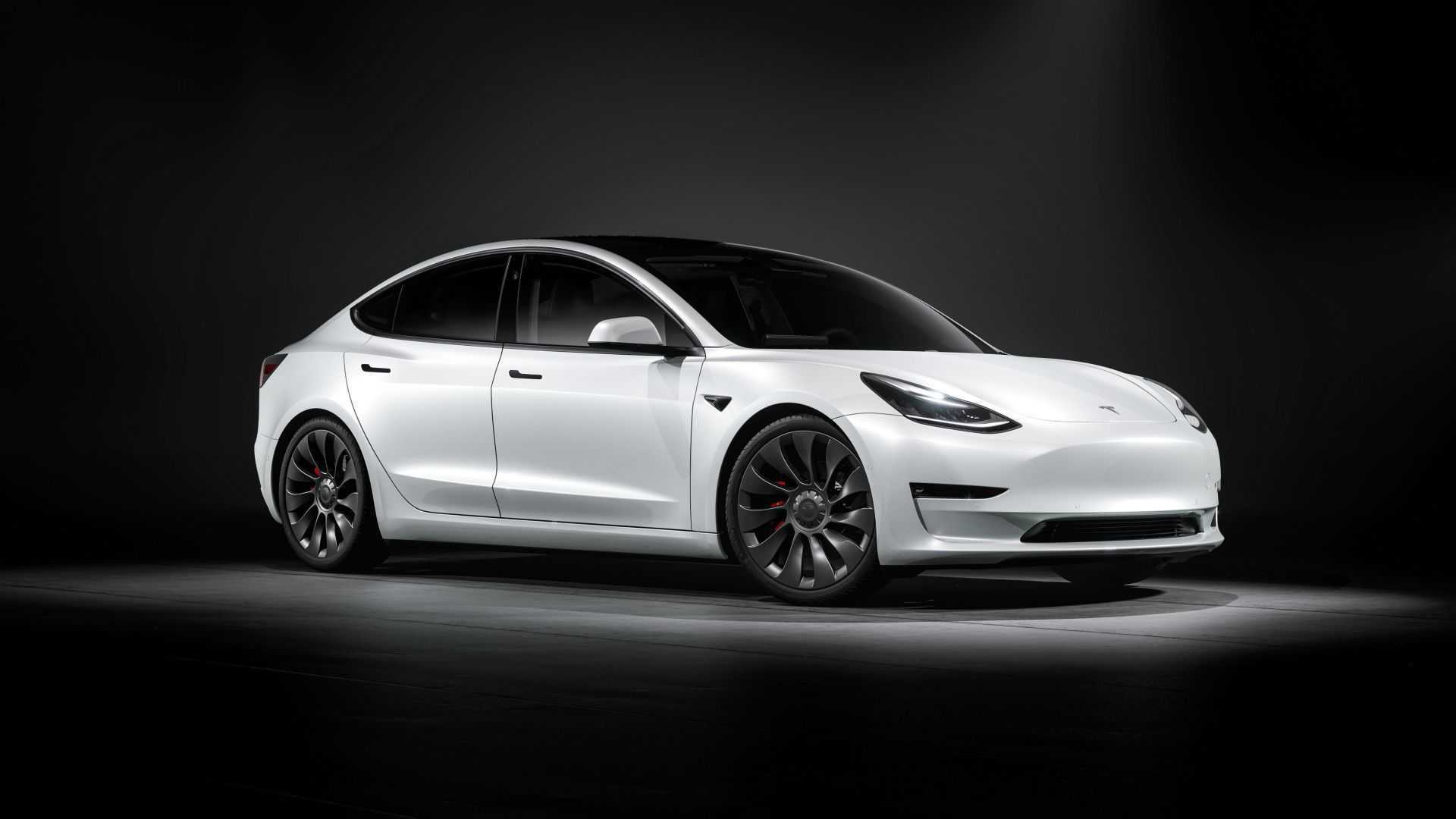Interesting read from Volvo regarding the carbon footprint breakpoint between their XC40 ICE and EV
The one line summary according to Volvo, you need to drive your XC40 BEV 146000Km before you are helping the environment*
* Click baity figure

The one line summary according to Volvo, you need to drive your XC40 BEV 146000Km before you are helping the environment*
* Click baity figure
Attachments
Last edited by a moderator:




